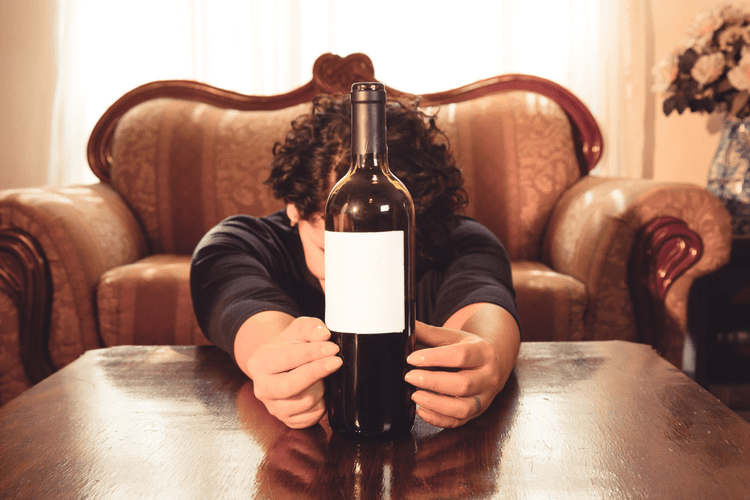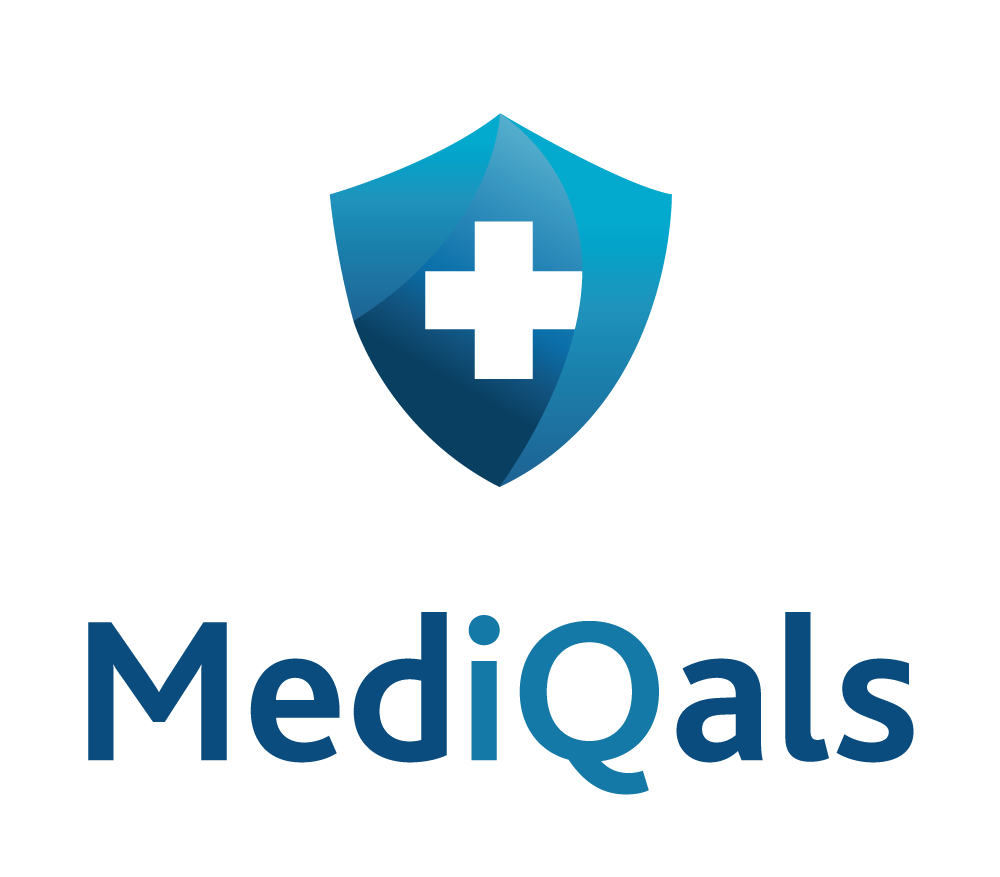Content
However, as long as your diabetes is in good control and you monitor alcohol’s effects on your blood sugar, moderate consumption should be safe. Drinking too much alcohol also affects insulin levels in the long term, which may cause you to develop insulin resistance. This means that insulin loses its ability to lower blood glucose levels effectively, leading to high blood sugar levels over time. The risk of hypoglycemia is why experts advise people with diabetes not to drink alcohol if their blood sugar is already low. If a person chooses to drink, they should always eat at the same time and include carbohydrates, such as fruits, vegetables, or grains, in their meal. Exercise can also increase the risk of hypoglycemia when coupled with other factors, such as drinking alcohol. Doctors strongly encourage people with diabetes to engage in regular physical activity because it reduces blood sugar.
- Therefore, regular blood sugar checks are important, including overnight if necessary.
- Diabetes is manageable, but it canlead to serious complications, including kidney failure, cardiovascular disease and blindness.
- Consuming at least 600mg of vitamin C daily can improve blood sugar level control.
- An advanced stage of alcoholic liver disease caused by drinking alcohol in which the liver becomes swollen and stiff, and barely functions.
- While moderate alcohol consumption lowers blood sugar, heavy consumption is harmful to diabetes and other aspects of health.
- Show them the hypoglycemia handout on this page before going out so that they know how to help you.
Maybe their doctors cautioned them that drinking and diabetes don’t mix. Perhaps some have health conditions that are incompatible with alcohol. Or maybe they’re just concerned about all those calories—and carbs. Grains with gluten can cause inflammation in the body, which can lead to insulin resistance. While whole grains have some nutritional benefits, you should limit them when trying to lower your blood sugar levels. It is also harmful to those with long-term problems with diabetes.
Health Equity Now
Alcohol can impact blood sugar in different ways and may cause hyperglycemia or hypoglycemia. For the most part, alcohol’s impact on blood sugar depends on whether you drink on a full stomach or an empty stomach. Diabetes is a condition in whichyour body has trouble processing foodthe way it should to use it as energy.
Health’s content is for informational and educational purposes only. Our website is not intended to be a substitute for professional medical advice, diagnosis, or treatment. Make sure you have an eating strategy in place to avoid overeating and over-drinking in social situations. Alcohol can make you more relaxed and diabetes and alcohol may lead you to make poor decisions. Once you have had your drink, switch to a non-alcoholic drink, such as sparkling water, for the rest of the evening. As a team, we have decades of experience in health journalism and have worked at legacy publishers and some of the biggest news and media companies in the U.S.
Health Solutions
Ketoacidosis, which occurs primarily in diabetics, is a condition characterized by excessive levels of certain acids called ketone bodies (e.g., acetone, acetoacetate, and β-hydroxybutyrate) in the blood. Elevated levels of those compounds can cause nausea, vomiting, impaired mental functioning, coma, and even death. Ketoacidosis is caused by complete or near-complete lack of insulin and by excessive glucagon levels. Among their many functions, insulin and glucagon regulate the conversion of fat molecules (i.e., fatty acids) into larger molecules (i.e., triglycerides), which are stored in the fat tissue.

